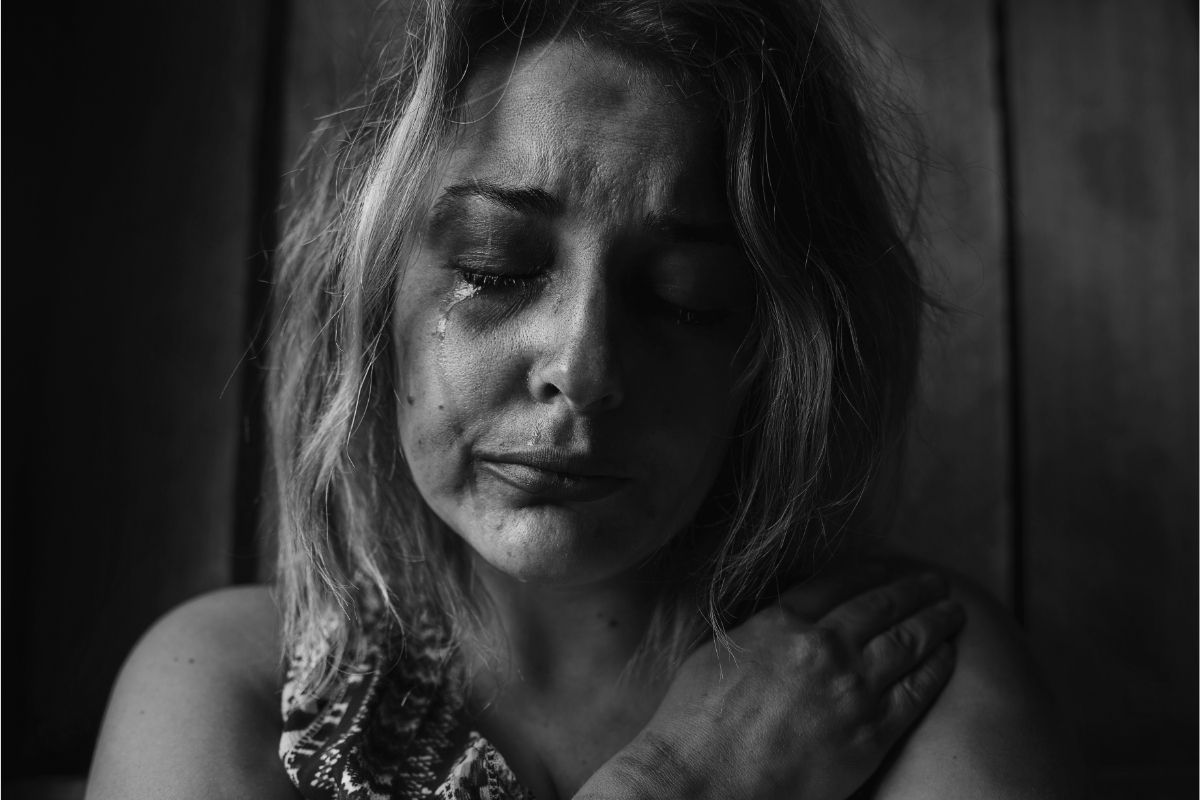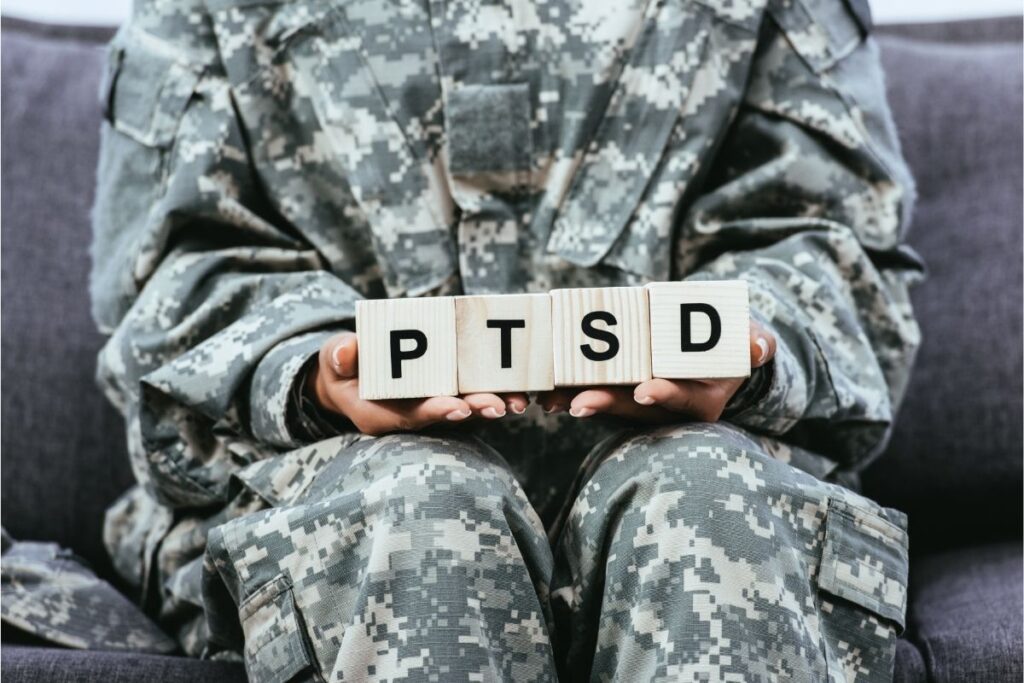Signs You Are Healing From Trauma

Bouncing Back: Signs You’re Healing from Trauma
Life can throw some nasty curveballs. Trauma’s one of them. It’s like a psychological bruise from tough experiences – natural disasters, accidents, you name it.
Trauma touches everything: relationships, health, even your spiritual side. It’s a mind wound from a scary event.
Sigmund Freud first talked about trauma in “Beyond the Pleasure Principle”. He said it’s like your emotions run and hide after something terrifying happens.
Here’s the thing: trauma’s super common. Most of us face it at some point. But lots of folks don’t realize they’re dealing with trauma or PTSD (that’s post-traumatic stress disorder).
Figuring out what caused your trauma and how to heal? That’s tricky. Many people don’t even know how trauma’s messing with their daily life.
That’s where we come in. We’ll show you the signs of trauma healing, plus what causes trauma and how it looks. This’ll help you spot it in your own life. Keep reading to learn more!
Remember, this is just info. If you’re worried about trauma, PTSD, or anything like that, talk to a pro.
What Causes Trauma or PTSD?
Here’s a list of things that can cause trauma or PTSD:
- Natural disasters (hurricanes, earthquakes, floods)
- War
- Sexual assault
- Physical abuse
- Physical or mental illness
- Childhood abuse and neglect
- Emotional or psychological abuse
- Experiencing violent situations
- Witnessing violent crime or abuse
- Accidents like car crashes
- Losing a loved one
- Having a loved one with physical or mental illness
- Stress before a traumatic event
These are just a few examples. Trauma can come from all sorts of places. Some are harder to spot than others. Like emotional abuse – you might not even realize it’s causing trauma.
Think you might have trauma or PTSD? Check out these signs:
Red Flags for Trauma
- You bottle things up – Instead of talking about tough thoughts and feelings, you might avoid them or keep quiet.
- Your focus is shot – You struggle to concentrate, remember stuff, or pay attention.
- You’re jumpy – Sudden noises or movements make you feel on edge.
- You’re often down or anxious – You might feel worthless, lose interest in things you used to love, avoid people, or worry a lot.
- Flashbacks hit you hard – Painful memories keep replaying in your head.
- Sleep’s a struggle – Insomnia’s common after trauma.
- You’re easily annoyed or aggressive – Trauma often leaves you feeling angry. You might lash out verbally or physically. But that just makes things worse, not better.

Trauma vs. PTSD: What’s the Difference?
Healing from trauma can take months, years, or even decades. But if you’ve faced multiple traumas over time, it can really mess with your brain.
That’s called Post Traumatic Stress Disorder (PTSD). It might happen if you’ve been in lots of violent situations or witnessed a murder (that’s “complex” PTSD).
These events leave you drowning in fear, guilt, sadness, and anger. That can lead to depression, anxiety, panic attacks, insomnia, and other nasty stuff.
A doctor or mental health pro can help figure out if you’re dealing with trauma or more serious PTSD.
Got Trauma? When to Get Help
Think you might have trauma? Talk to a doctor or therapist about treatment options.
Don’t wait till things get really bad. Start with your regular doctor – they’ll know how to check you out.
People with PTSD often deny there’s a problem. That makes getting help tough. But if you think past experiences are causing trouble, get help before it gets worse.
Asking for help doesn’t make you weak. You might get offered talking therapies or medication. Check out our article on How To Talk About Trauma In Therapy.
Work with your doctor or therapist to make a treatment plan that fits you.
You can also try some DIY techniques – like self-care and mindfulness. Many trauma survivors find journaling helpful. Read about how to journal for self-improvement.
Journaling lets you write down what happened and track your progress. It’s a safe place to spill your thoughts without judgement. Writing about tough memories might seem hard, but it can really help you heal.
Signs You’re Healing from Trauma
Healing from trauma takes time, effort, and support. Here are some signs you’re on the right track:
You’re healing if:
- You’re looking forward to work or activities again.
- You feel happier and less anxious or depressed.
- You’re getting along better with others.
- Your self-esteem is up.
- You’re not craving drugs, alcohol, or other numbing stuff.
- You smile more easily and enjoy life.
- You’re more patient and loving with yourself and others.
- You’ve accepted your trauma and made peace with it.
- You have fewer symptoms like flashbacks, nervousness, or irritability.
- You’re more self-aware and can handle bad mental health days.
How Long Does Trauma Recovery Take?
Nobody wants trauma or PTSD. But if you’ve got it, you can recover.
Recovery takes time and patience. It could take months or years, depending on how bad your symptoms are.
The time it takes to heal depends on how severe or long the trauma was, and how good your treatment is.
Wrapping It Up
Trauma or PTSD won’t stop you from living a happy, fulfilling life. Most people face trauma at some point.
We can’t always prevent traumatic stuff, but having tools to manage the mental fallout helps on the road to healing.
Don’t let past trauma control you. Be kind to yourself as you recover. Think about what you’d say to a friend in your shoes.
Practice positive self-talk, try different treatments, and do your best to get better.
Your Burning Questions Answered
What are some signs that you’re healing from emotional trauma?
You might notice:
• More emotional awareness
• Better empathy
• Fewer flashbacks
• Feeling more in control and resilient
• Taking care of yourself
• Accepting the past
• Feeling positive about life
• Setting healthy boundaries
• Sleeping better
• Getting interested in things again
Does emotional trauma ever fully heal?
Healing from trauma is different for everyone. Some people totally transform and come out stronger. Others might still have some effects but learn to cope and live good lives.
How long does it take to heal from emotional trauma?
There’s no set timeline. It depends on how bad the trauma was, how tough you are, what support you have, and if you’re getting professional help. It’s not a race, it’s a journey.
Can healing from emotional trauma lead to personal growth?
You bet! It’s called post-traumatic growth. Some people go through big personal changes and come out stronger after trauma.
What if I don’t see these signs of healing?
Not seeing these signs of healing doesn’t mean you’re not getting better. Remember, healing isn’t a straight line. Everyone’s journey is different. If you’re struggling, talk to a pro for help.
How can I help myself heal from emotional trauma?
Lots of ways! Try therapy, self-care routines, mindfulness, hanging out with supportive people, and finding healthy ways to cope.

Author: Michelle Landeros, LMFT
Michelle Landeros is a Licensed Marriage Family Therapist (LMFT). She is passionate about helping individuals, couples and families thrive.






